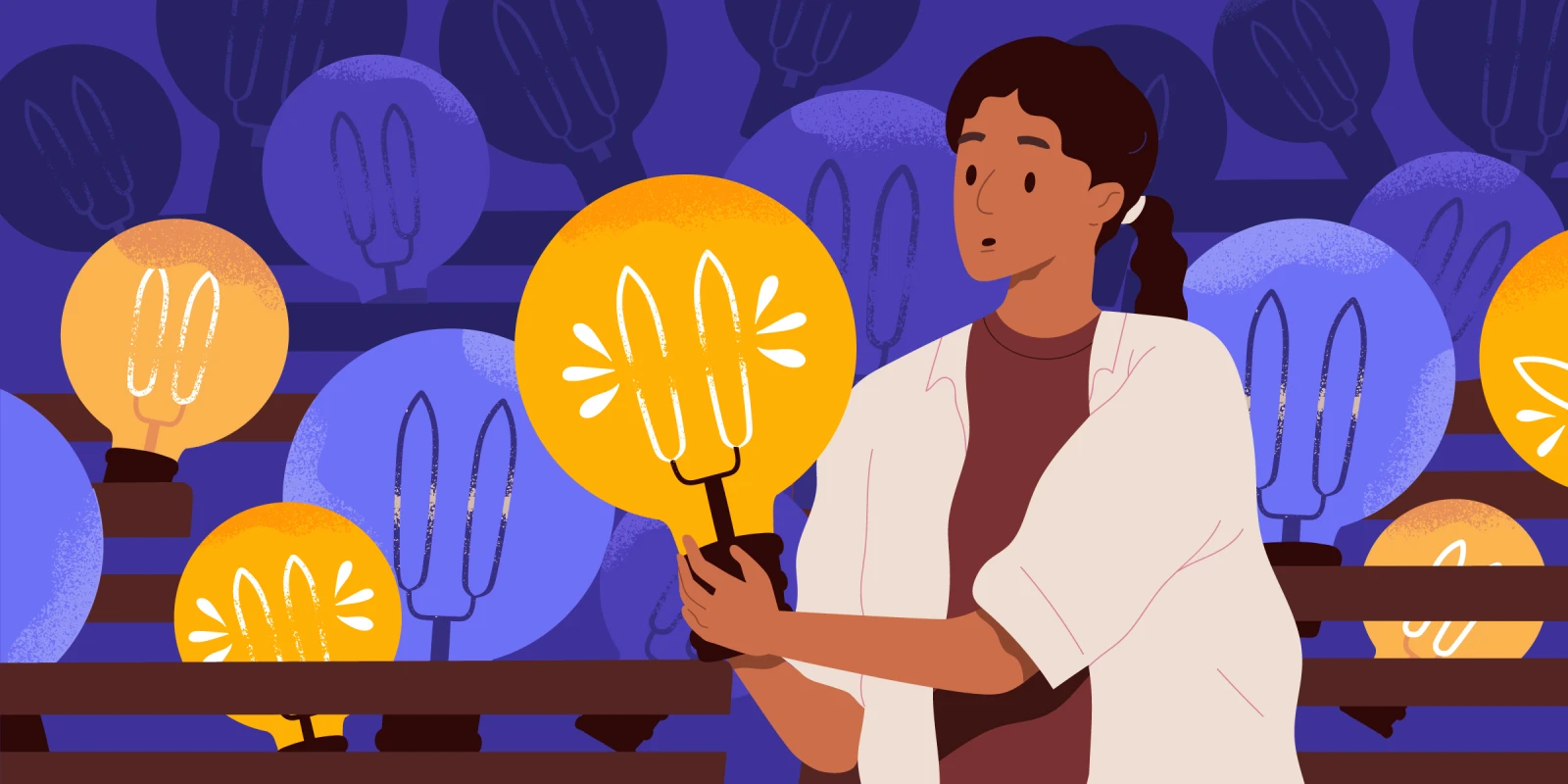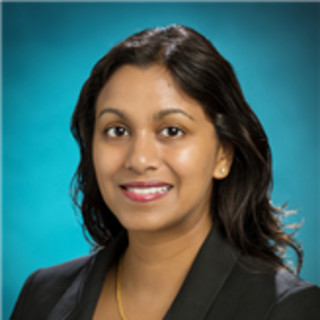In fall 2021, Doximity ran our first ever Women in Medicine essay contest. We are happy to announce this as an honorable mention essay. Click here to read the winner.
When I was a toddler, my mother had a terrible dream where I slipped through two boards on our deck and fell to my death. Saddened and disturbed, my mother walked onto the deck and stood where I had fallen in her dream. Her knee pushed against two loose boards, of which she had been unaware, and she immediately had them repaired. I once passed out in the shower and my brother told me he had a really bad feeling a few minutes before it happened. My father told me he knew before anyone else that I was pregnant; it was something he couldn’t explain but just knew. Intuition and the unexplained played a pivotal role in my life on more than one occasion, particularly in the patient care setting.
I was in my third year of medical school and delighted to start my pediatrics rotation. I would see little ones for their well-child checkups and a myriad of complaints from fever to rash. The attending physician, who I will call Dr. Mack, was a bright-eyed and energetic woman. In spite of her cheery and calm disposition, I was intimidated by her vast fund of knowledge and superb clinical acumen.
Dr. Mack once asked me about how I would treat an acute asthma attack in a patient. I responded with all the correct answers except for the most obvious one, which was corticosteroids. The disappointment on her face bore into my soul. She said rather softly, “I expected more than that from you.” I went home feeling shattered, not so much because I felt like an imbecile but more because I had let her down. I read all about asthma and was prepared to dazzle her with my knowledge the next day.
However, my golden opportunity never arrived. The clinic was like a zoo with numerous children in the waiting room and we were woefully behind. I quickly went to a patient’s room, gave the chart a cursory glance (chief complaint: abdominal pain), and went in as I knocked. I was greeted by two adult women who appeared to be in their thirties and a six year-old boy. The boy immediately looked at the floor when he saw me. The boy’s mother extended her hand and introduced herself. She then introduced me to her child and the other adult, her sister.
I sat down on a stool and brought it close to my little patient so that we were eye to eye.
“Hello!” I said warmly. “My name is student doctor Prakash. What’s your name?” He seemed to freeze and continued to look at the floor.
“I don’t think he’s going to answer,” his mother replied, somewhat impatiently.
“OK,” I said, keeping my eyes on my patient. “Can you nod or shake your head when I ask you questions?” I asked him. Keeping his eyes on the ground, he pursed his tiny lips and shifted his feet. I asked him if he was hurting anywhere and he slowly nodded his head. When I asked him to point to where it hurt, he pointed to the center of his abdomen. Several nods and shakes later, I gleaned that he had central abdominal pain for longer than a week, experienced occasional nausea without vomiting, and did not have a fever or changes in his bowel movements.
I was able to get my patient onto the exam table and performed a head to toe examination and found no abnormalities. He made no eye contact with me but opted to stare at the ceiling. I noticed his mother and her sister continued to talk between themselves, keeping their tone low so as not to disturb me. While I couldn’t make out what they were saying, it seemed to me the topic of their conversation was somewhat serious.
I wondered where to go from here. The child had no alarming symptoms when I questioned him and his examination was unremarkable. At that moment, I was overcome by a gnawing feeling in the pit of my stomach. Ask, said a little voice. I tried to ignore it while I began to document what we discussed and my examination, but the voice became louder and clearer each time: Ask them.
I put my pen down and finally asked my patient’s mother, “I don’t mean to pry, but is there anything going on at home?”
My patient’s mother and her sister exchanged nervous glances and there was suddenly an eerie silence in the room. My patient froze again and this time, shifting his eyes from the floor to his mother. Suddenly, his mother burst into tears. She shared that she had been raped by her cousin several weeks prior and that her son was aware of the circumstances. They thanked me profusely for bringing it out in the open so they could all finally address it as a family and heal. I immediately notified Dr. Mack who referred my patient for counseling and consulted social services for the family.
Later in the day, Dr. Mack motioned for me to sit down next to her. I braced myself for a scathing critique.
“I want to commend you,” she began, “on how you dealt with that six year-old with abdominal pain.” Startled and thrilled, I listened with bated breath.
“Medical knowledge is something you and all of us need to continue to work on,” she continued. “But what you displayed required something more and something that many of us can work on but will never acquire. That was extremely astute of you.” I thanked Dr. Mack profusely and she smiled and wished me well. I cried on my way home, thinking about my beloved little patient and what his future held, about so many more like him who suffered in silence until their tiny bodies gave them away, and about the words of wisdom from my cherished teacher and mentor who underscored the value and power of my little voice.
Vidhya Prakash is a Professor of Clinical Internal Medicine and an Infectious Diseases physician at Southern Illinois University School of Medicine. She is founder and director of SIU Medicine’s Alliance for Women in Medicine and Science. She lives in Springfield, IL with her husband and two children. This essay is featured in her memoir, Learning to Listen.
All names and identifying information have been modified to protect patient privacy.
Illustration by GoodStudio / Shutterstock







